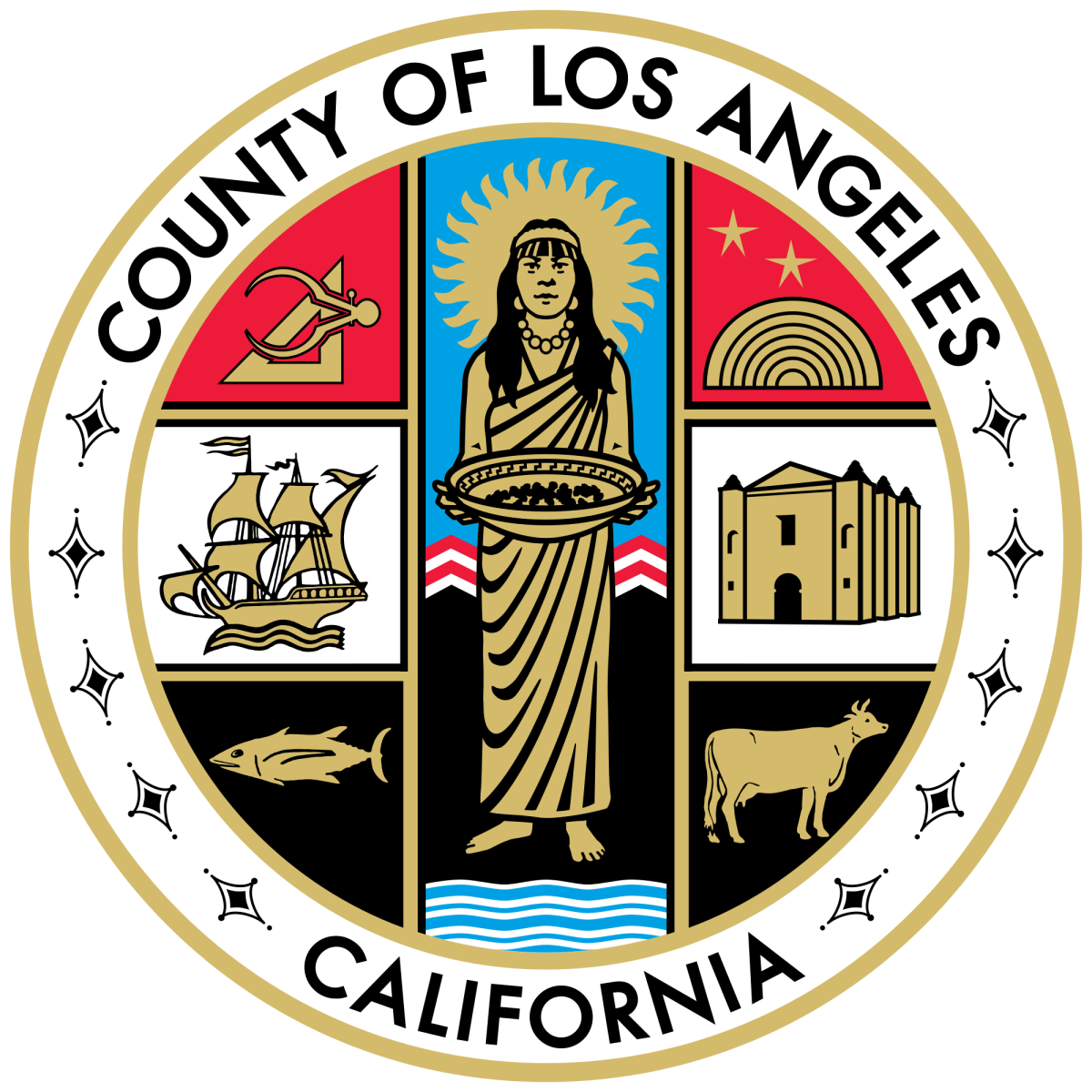Vidya Sethuraman
India Post News Service
L.A. County has more than 10 million residents, which includes 3.6 million immigrants, a third of the population, according to a recent report from the University of Southern California. Immigrants are critical to the success of the county’s economy as they make up 44% of its workforce and they also contribute to its vibrant culture. LA County sees its investment in immigrant communities as an investment in the county’s future. In the final briefing in its Ethnic Media COVID-19 Communications Initiative, county leaders at the forefront of serving the needs of all immigrants updated reporters on the status of Public Charge, TPS and DACA.
The county has introduced a lot of support programs for the immigrant community. But there is a misconception that utilizing these will affect their immigrant status, said Rigoberto Reyes. “Please don’t feel afraid, we’re here to help,” Reyes said, adding, “Immigration status is not an issue. The immigrant community is vital to the LA County’s economy, culture and way of life,” said Rigo Reyes, OIA’s executive director. “Think of OIA as a door into the county,” he said. “We have 39 departments that provide services to the immigrants”.
Manuel Ruiz, Senior Policy Analyst, Department of Consumer & Business Affairs discussed the free legal representation for tenants facing eviction through the Stay Housed LA Program. People who live in Los Angeles County and fall within StayHousedLA’s income guidelines — $90,100 or less per year for a family of four, $63,100 or less for an individual – qualify for limited legal representation, document preparation and out-of-court negotiation and dispute resolution help. For those whose income is at or below 50% of the Area Median Income (AMI) — $56,300 for a family of four, $39,450 for individuals — the county can offer “full-scope” legal representation. Call (833) 223-7368, write to rent@lacounty.gov or visit the multilingual website rent.lacounty.gov for more, Ruiz said.
Anna Gorman, Director of Community Partnerships & Programs at LA County’sDepartment of Health Services discussed the legal services available for patients through the Medical Legal Service Program. Started in 2018, lawyers and medical teams work together to address some of the social determinants. We address civil legal issues that impact people’s health. Maintaining the social safety net, she said, “is more important now than ever.”
The MyHealthLA program (dhs.lacounty.gov/mhla) can help obtain medications and other health care needs no matter the applicant’s immigration status.
Daniel Sharp, chief of the county’s Office of Immigrant Affairs, summarized recent positive developments related to DACA, TPS and “public charge” rules. DACA applications are now being accepted under the terms of the original rules established in 2012, and previous authorizations have been extended another year. Sharp “absolutely” recommended that people file new applications promptly.







